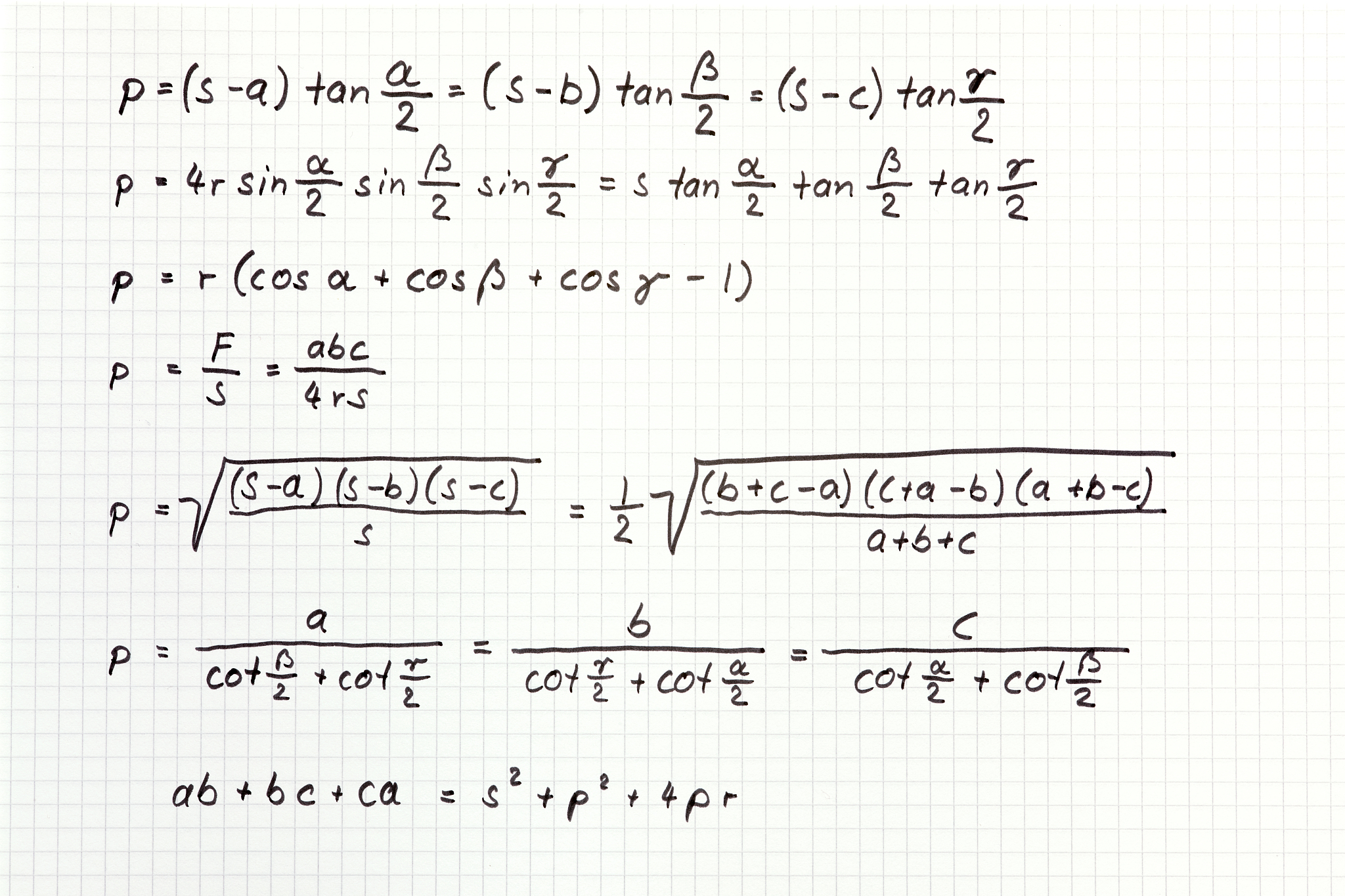为什么极限limh→0sinx+h-sinxh会等于limh→02sinh2cosx+h2h我要更详细的解答
首先,我们可以把sin(x+h)展开成sinx和cosx的乘积,得到:
sin(x+h) = sinxcos(h) + cosxsin(h)
然后,我们将这个结果代入到极限的表达式中:
lim(h→0)[sin(x+h)-sinx]/h = lim(h→0)[sinxcos(h) + cosxsin(h) - sinx]/h
然后,我们将sinx从第二项中提取出来:
= lim(h→0)[sinx*(cos(h)-1)/h + cosx*sin(h)/h]
然后,我们将分数cos(h)-1/h拆分成两个部分,得到:
= lim(h→0)[sinx*(cos(h)-1)/h + cosx*sin(h)/h]
= lim(h→0)[sinx*(cos(h)-1)/h + cosx*(sin(h)/h)]
由于lim(h→0)(sin(h)/h) = 1,我们可以将这个结果代入到极限中:
= lim(h→0)[sinx*(cos(h)-1)/h + cosx*(1)]
= lim(h→0)[sinx*(cos(h)-1)/h + cosx]
然后,我们将cos(h)-1拆分成两个部分,得到:
= lim(h→0)[sinx*(cos(h)-1)/h + cosx]
= lim(h→0)[sinx*(cos(h)-1)/h] + lim(h→0)[cosx]
由于lim(h→0)(cos(h)-1)/h = 0,我们可以将这个结果代入到极限中:
= lim(h→0)[sinx*(cos(h)-1)/h] + cosx
= lim(h→0)[sinx*0] + cosx
= 0 + cosx
= cosx
因此,极限lim(h→0)[sin(x+h)-sinx]/h等于cosx。
接下来,我们来证明lim(h→0)[2sin(h/2)cos(x+h/2)]/h也等于cosx。
首先,我们可以将分子中的2拆分出来,得到:
lim(h→0)[2sin(h/2)cos(x+h/2)]/h = 2 * lim(h→0)[sin(h/2)cos(x+h/2)]/h
接下来,我们将cos(x+h/2)从第二项中提取出来:
= 2 * lim(h→0)[sin(h/2)*(cos(x)cos(h/2)-sin(x)sin(h/2))]/h
然后,我们将分数cos(x)cos(h/2)-sin(x)sin(h/2)拆分成两个部分,得到:
= 2 * lim(h→0)[sin(h/2)*cos(x)cos(h/2)/h - sin(h/2)*sin(x)sin(h/2)/h]
= 2 * [lim(h→0)[sin(h/2)*cos(h/2)/h] * cos(x) - lim(h→0)[sin(h/2)*sin(h/2)/h] * sin(x)]
由于lim(h→0)[sin(h/2)*cos(h/2)/h] = 1/2,lim(h→0)[sin(h/2)*sin(h/2)/h] = 0,我们可以将这两个结果代入到极限中:
= 2 * (1/2 * cos(x) - 0 * sin(x))
= 2 * (1/2 * cos(x))
= cosx
因此,极限lim(h→0)[2sin(h/2)cos(x+h/2)]/h也等于cosx。
综上所述,极限lim(h→0)[sin(x+h)-sinx]/h等于lim(h→0)[2sin(h/2)cos(x+h/2)]/h,它们都等于cosx

原文地址: https://www.cveoy.top/t/topic/iH05 著作权归作者所有。请勿转载和采集!